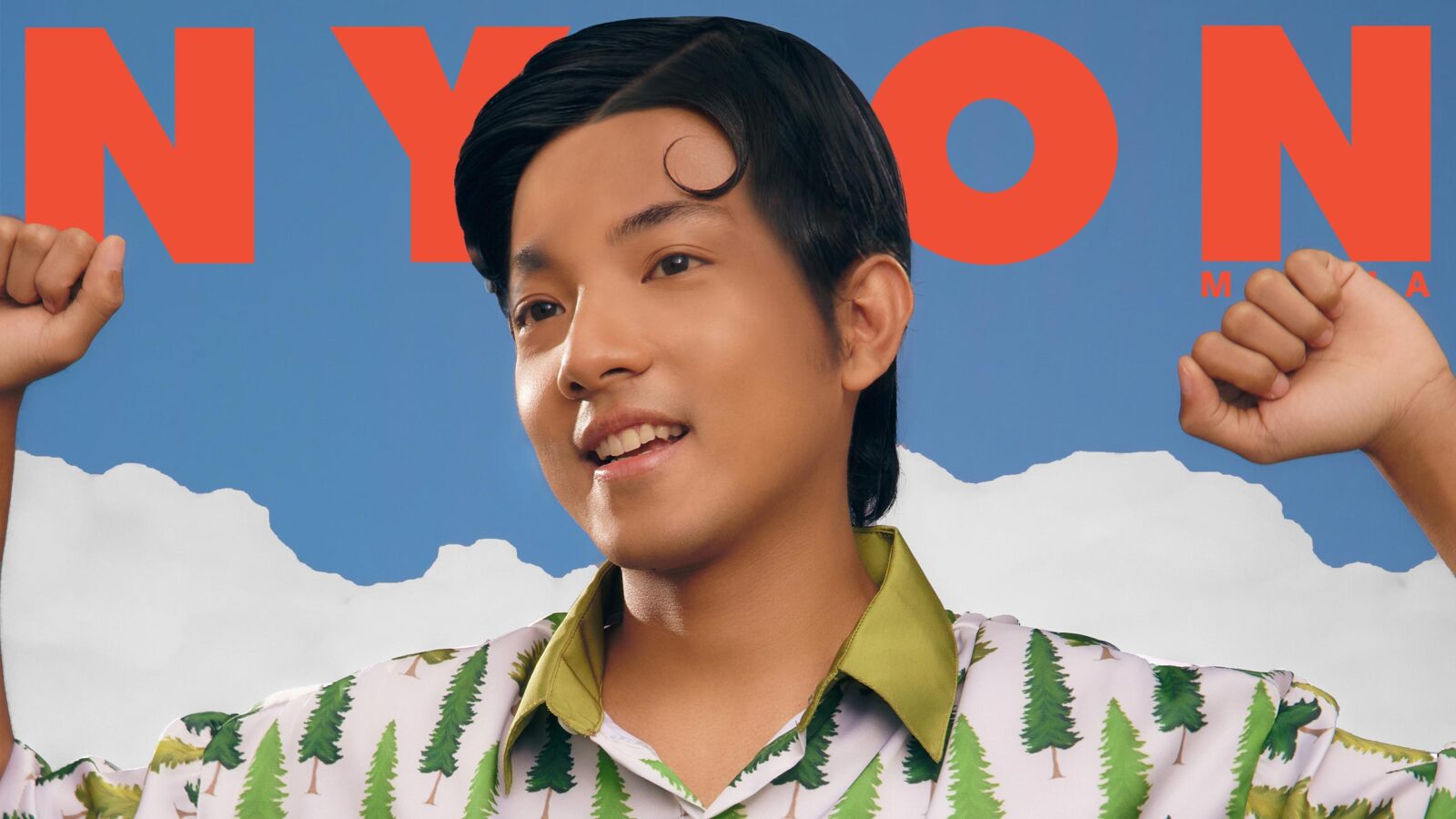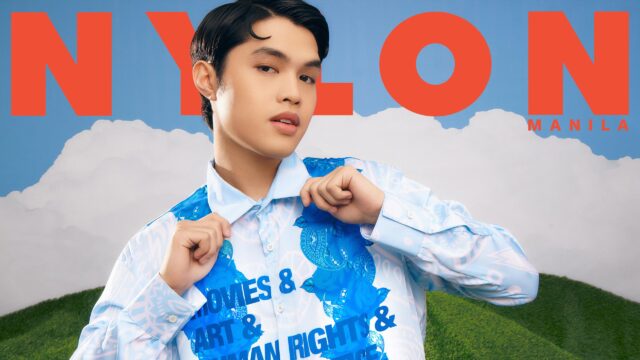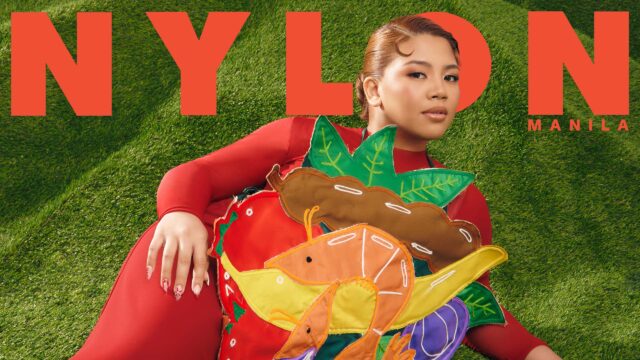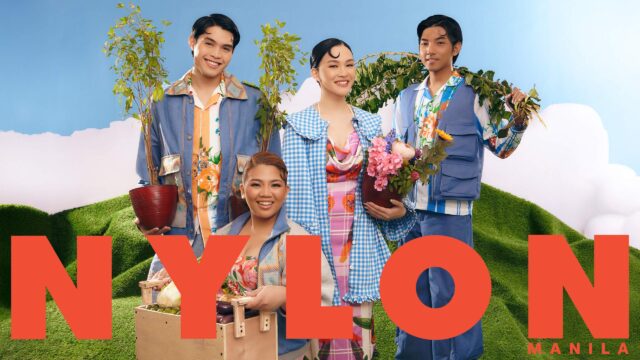The climate crisis is one of the most pressing issues that Generation Now is facing. For Gab Mejia, part of the solution involves addressing the Crisis of Connection that humanity is facing as a whole.
In times of disaster, we are shown the best and worst of ourselves. On the one hand, Filipinos are often lauded for their resilience and ability to come together as a community to help one another. On the other hand, that a lot of the burden of mounting relief efforts is carried by private individuals when more emphasis should be placed on preventive measures is cause for concern.
Climate scientists and activists have been saying for decades that protecting the environment is key to reducing natural disasters. It’s so often said that it has become common knowledge. And yet, each new typhoon seems to devastate us more dramatically than the last. So is it time to admit that there is a problem here that needs to be addressed head on?
Environmental engineer and photographer Gab Mejia stands bravely in the face of tragedy to bring the reality of our situation to light and preserve the stories of communities that are the most vulnerable and at risk. Having dedicated his entire life and career to the protection of the environment, he has seen first-hand how far Gen Z has come in pushing for climate action and shares with us the ways we as Generation Now can further affect change.
CALLING YOU OUT
Gen Z is known for being politically engaged and socially aware, and one of their biggest collective advocacies is environmentalism. Gab praises the efforts of local and international organizations such as For the Future, Kids for Kids, and the World Wide Fund for Nature to name a few, expressing with pride, “There’s so many organizations here in the Philippines that are working to strive for this same vision of protecting the environment and making sure that the rights of living in a healthy and balanced ecosystems and habitat are being actually held to the forefront. And youth are doing so much, you know, from mobilizing in their youth organizations, grassroots level, working with local communities to champion cultural heritage and champion this as a solution, creativity as a solution. Also by advocating in social media, creating stories, publishing stories, actually going to the field to document the issues that are happening.”

Button-down shirt by @undrafted1600 , UNDRAFTED 1600, Cargo pants by @aaron.dechavez , Aaron De Chavez
“There’s really a bountiful abundance of amazing things that the youth are doing,” Gab acknowledges. “Gen Z are really the ones rallying for change for the environment. They’re the ones actually calling out and holding powers, institutions that are destroying the environment from companies, mining companies, palm oil plantation companies, the fossil fuel industry accountable.”
In the age of cancel culture, this generation’s demand for accountability can be a powerful tool for influencing those in power. However, it is perhaps at its most powerful when we turn this on ourselves. “I feel like in this time also where everybody is being put on pedestals or like this idea of a hero, it’s about dismantling that,” Gab suggests. “How can we decentralize these powers into communities who actually need the resources to bring about this change? So it’s really about acknowledging one’s role, acknowledging one’s power, being able to listen and engage with the circumstances that we’re dealing with.”
ACTUALLY LISTENING
As Gab points out, making a difference in society is something every person is capable of. However, this requires accepting both the duty one has to exercise their own power to bring about change, as well as their responsibility to listen and adapt to emerging conditions. “It’s such a challenge because we’re the ones who are actually experiencing it, but the people, those in power, those in the UN, those in like these legal frameworks and governments, international government relations don’t listen to us. And it becomes a microcosm here in the Philippines where the polarizing state of the internet, the polarizing state of governments in the country, they don’t know how to listen to each other.”
While the internet can be a beautiful place where people can connect and share their passions, anyone who’s been online for long enough knows that it can also be incredibly vicious. Disagreements are never easy to have, but comments sections and forums and even entire corners of content genres can be on an entirely different level. This is something we need to fix if we are to come together. “I think really the act and the art of listening is something that I believe is really a crisis of humanity, the crisis of listening, the crisis of not being able to actually see each other eye to eye and witness what we’re dealing with and actually be compassionate and empathetic about the suffering of people. So I feel like really we have to listen more,” Gab explains.
It’s in this that there is something none of us would want to admit: we are at least a little arrogant. We think our way is the best way, and so we tend to look unfavorably towards those who have differing opinions. But just like biodiversity is important for a functioning ecosystem, diversity of thought and experience is important for a functioning society. As Gab puts it, “We all come from different countries, we all come from different islands, different provinces and just embracing this diversity as a strength that we have our culture and we have a culture to embrace, that we have a culture that is a solution to climate change or to this humanitarian crisis.”
TOUCHING GRASS
“As much as social media’s original intention was really meant to connect people, sadly, the unfortunate truth is that it’s been disconnecting a lot of people. People feel more isolated than ever, even if they have hundreds of thousands of followers,” Gab comments. And while he acknowledges that it is a tool that is also able to connect people, he emphasizes the importance of feeling connected to our fellow human beings IRL: “Everything is interconnected. We’ve disconnected ourselves so much from nature, from the environment. But we are part of nature and we are part of this global planet. We are part of the humanitarian crisis, no matter how much we’re dealing with. We are part of these communities that we live in: from art, music, literature, to even parties or publishing houses, to governments, to organizations. All of these communities are just like constellations. And whatever voice that you say or whatever you advocate from one community or the other would echo across other communities and this would bring about an amplification of change.”
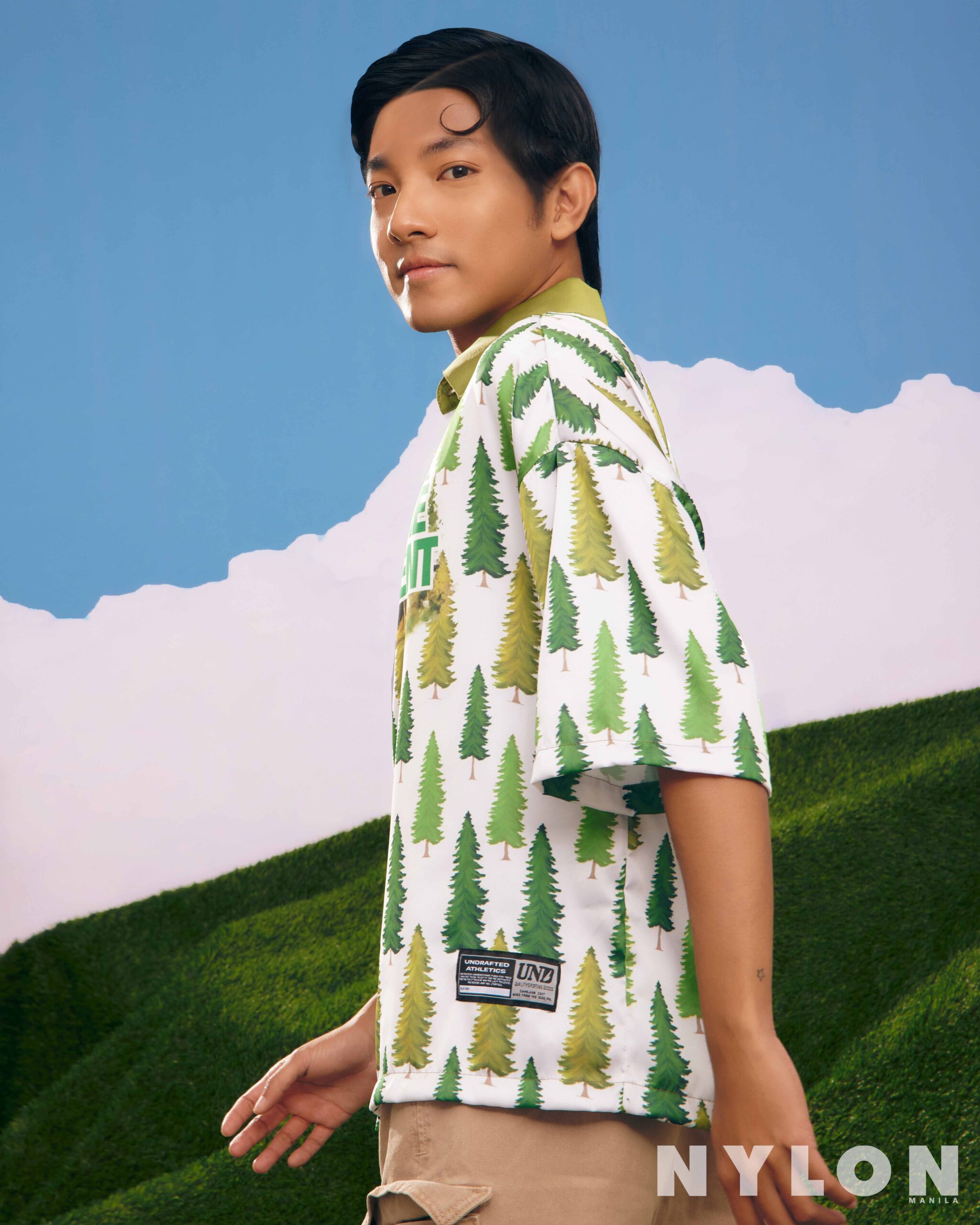
For Gab, the most obvious sign of being disconnected from nature and reality is, ironically enough, the eco-friendly movement. He warns us of the potential greenwashing that the term can lead us to, and challenges the mindset that comes with the verbiage: “Because eco-friendly means that there is an existence of like you’re not actually part of the environment.” He stresses, “It’s about recognizing that you are part of the environment, you are part of the ecology.”
When we start to look at the earth, not as something outside of ourselves, but as something that is a part of who we are, then it becomes impossible not to feel the devastation that comes with watching our forests and rivers and oceans get destroyed. Gab laments, “Sometimes I also wonder: why do we have to do this? Why do I have to be taking photos of the destruction of the environment when I could just be enjoying the environment, enjoying what we have?” We are born to frolic in the fields, but forced to fight for our right to do so. In these times, it’s important to stay determined: “We cannot be escapists and we have to really confront these truths at the center and just realize that this is the only time we have, this is now.”
Being a part of Generation Now means accepting the ugliness of the problems plaguing our society. But when we have the courage to face reality, we can also appreciate the beauty that always finds a way to persist. Gab advises, “A lot of the world that you’re missing is to explore the mountains, the forests, the oceans, going diving, going climbing, going hiking. Really life is all about this. We’ve been so consumed by our phones, and it’s really this Generation Now is about coming back to earth, grounding ourselves and being rooted with the land, listening to the land, listening to the people.”
Photography by ALAN SEGUI
Assisted by JEO JINGCO and JOHN LIM
Creative and Fashion Direction by ANDRE JUDD CHANG
Art Direction by GELO QUIJENCIO
Styling by ANDRE JUDD CHANG
Fashion Assistant KURT ABONAL
Assisted by APRIL LOZADA
Production Design by ARJ MADZ of JAGGER STUDIOS
Makeup by ARON GUEVARA (Elijah and Eara) and KATHY ORAN (Abi and Gab)
Hair by PATTY CRISTOBAL (Abi, Eara, and Elijah) and SAM CORBILLON of TRIPLE LUCK HAIR STUDIO BY TLBNS (Gab)
Nails by CATHY BALINGASA of TRIPLE LUCK HAIR STUDIO BY TLBNS (Abi, Gab, and Elijah)
Shoot Coordination by JASMIN DASIGAN
Managing Editor RAFAEL BAUTISTA
Brand Associate BIANCA LAO
Grab your copy of the Generation Now MyZine Print Issue featuring Elijah, Abi, Gab, and Eara now HERE.
Continue Reading: Realizing The Power Gen Now Has To Affect Change With Abi Marquez, Gab Mejia, Eara Cayanga, And Elijah Canlas
What Filipino Food Brings To The Global Table With Abi Marquez
The Never-Ending Fight For Social Justice With Elijah Canlas
